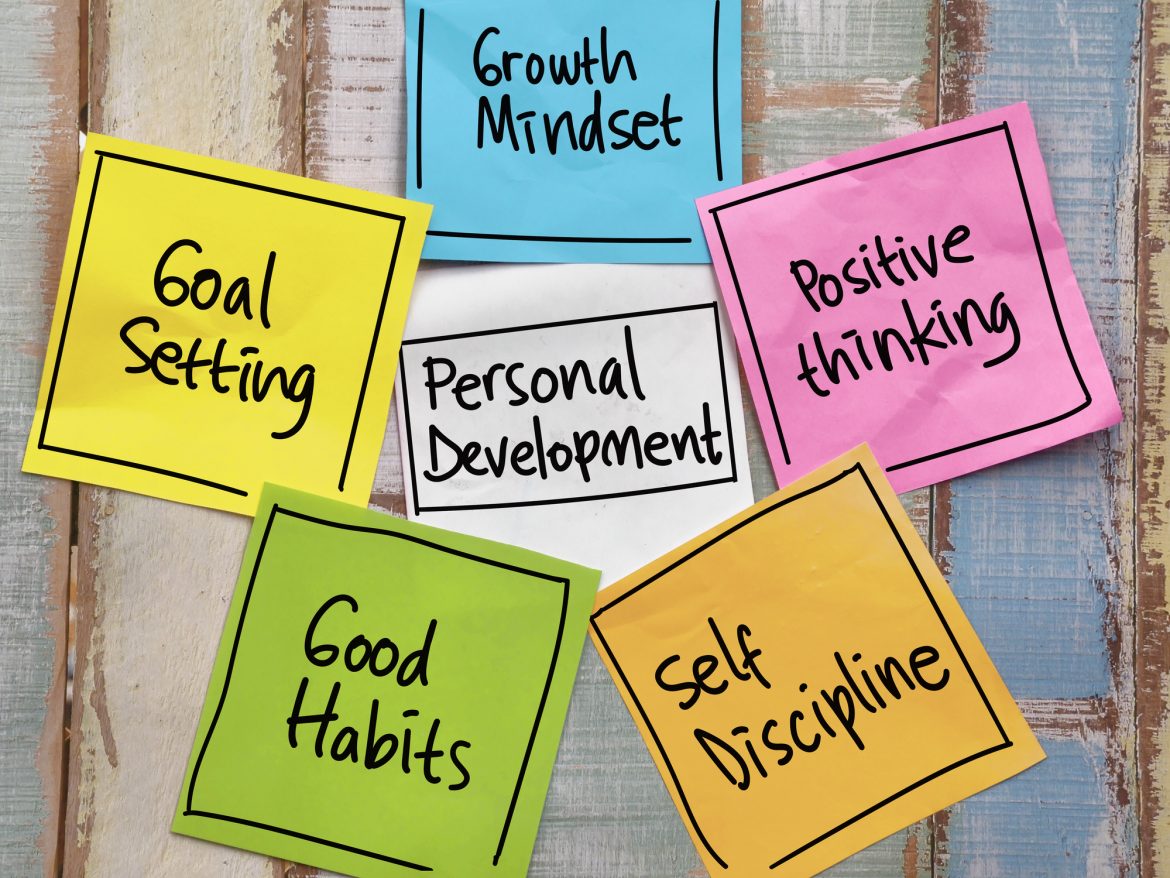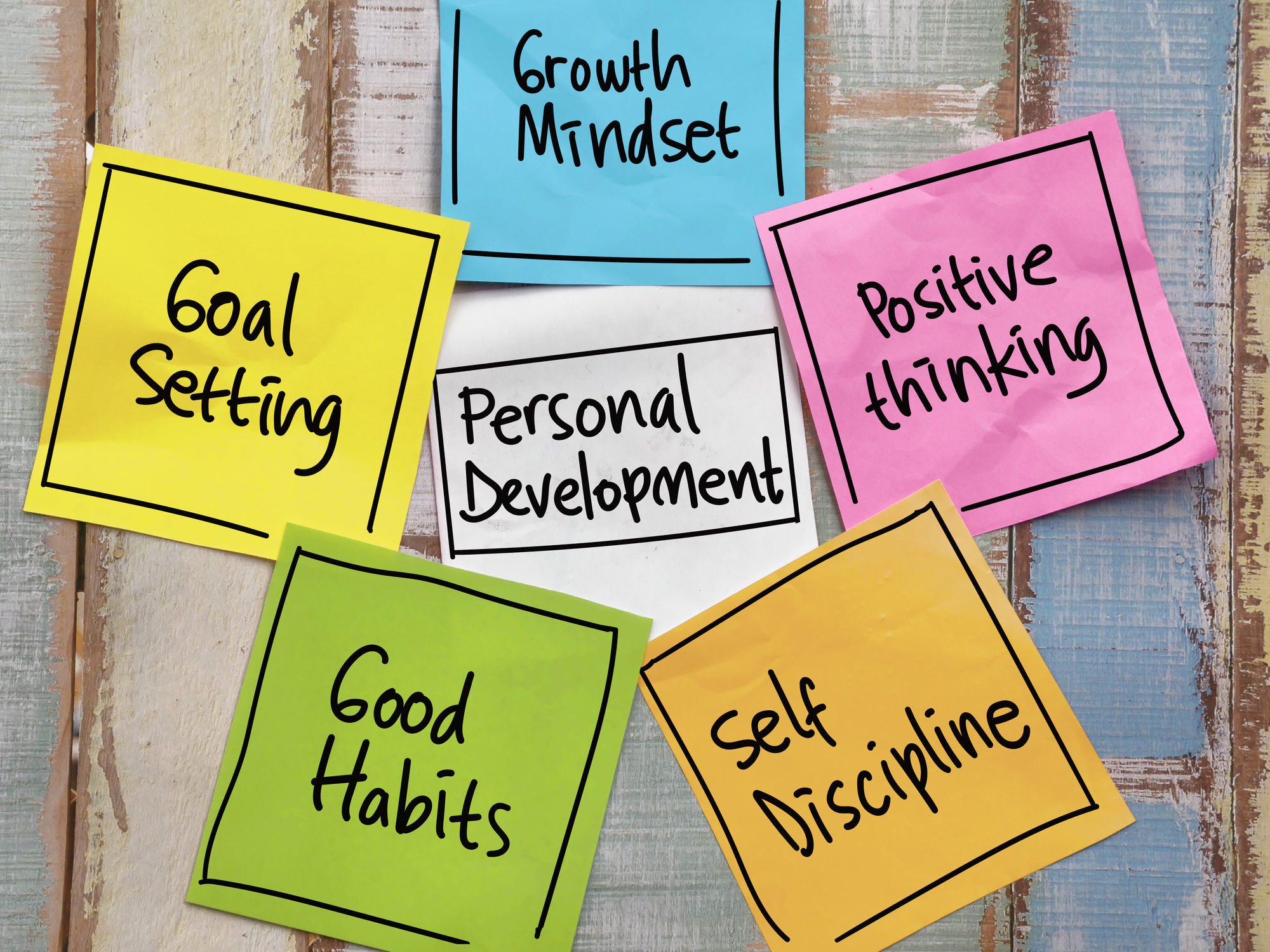
Wealth does not mean success. Many people got wealthy other ways, and never could claim they were ambitious in their efforts to get there. In this Tough Things First podcast, Ray Zinn explores the building blocks of ambition, and why it is necessary to go from rags to riches.
Rob Artigo: I’m Rob Artigo, your guest host for this edition of The Tough Things First podcast. I’m a writer, and I’m an investigator in California. Here with me is Ray Zinn, the longest serving CEO in Silicon Valley history. Hi, Ray.
Ray Zinn: Hello there, Rob. Good to be with you today.
Rob Artigo: You wrote recently that the key to being successful is ambition. So tell us a little bit about that.
Ray Zinn: It takes ambition or a passion to be successful, and if you’re passionate about something, then you’ll be ambitious, and so they’re tied together.
Ray Zinn Cont: So when you think of a person who’s quite passionate in what they’re doing, whether they’re an artist, or a writer, or singer, or whatever, or a movie star, their passion defines how ambitious they are. So when you think of people around you who are quite ambitious, you’ll know they’re passionate about what they do.
Rob Artigo: You had said that, “Ambition is to have an intense desire to succeed.” Why is it not enough just to want to be successful?
Ray Zinn: Well, because when you think of a person who is not ambitious, that means their heart is not in what they’re doing. They don’t have that resolute loyalty to their goal or task that they’re doing. I don’t see how you can be ambitious … or be successful and not ambitious. I mean, I guess if you view success in terms of money and wealth and so forth, you can look at some of the royalty in the past, and they were quite wealthy, but they weren’t ambitious. I don’t call that being successful. So when we tie in success as being … accomplishing the goals that you have and your desire to succeed, ambition has got to be part of that. You got to love what you do and then have that goal and desire to succeed.
Rob Artigo: Well, ambitious people are optimistic. They’re creative. This is what you wrote. They’re optimistic, they’re creative. They’re doers, and they don’t give up. They’re self-motivated, driven, mission goal-oriented. They’re dreamers and high-achievers. I think you have a specific idea of what an ambitious person is like when you see them, and so when you see them, you identify them pretty quickly.
Ray Zinn: Yeah, they actually look ambitious. They actually look successful. They act the part. They dress the part. They play the part. You can tell an ambitious person by their attitude, as you pointed out a second ago. They’re optimistic. They have a view that they can do it. They don’t look at things as being impossible or improbable. They look at them as being possible and the ability to get it done. They don’t say, “Oh, well, I guess this is too difficult or too challenging, or you’re not going to make it happen.” So they’re not negative. They’re positive as individuals.
Rob Artigo: Well, going back to that list, how about telling us a little bit about being self-motivated?
Ray Zinn: Yeah, so there’s two kinds of motivation. There’s induced motivation, and then there is self-motivation. If somebody holds a gun to your head and says, “Here, give me your gold, or give me your wallet,” that’s induced motivation. So internal motivation or self-motivation is where you are driven from within. In other words, your goal, your success comes from within, not because somebody else has induced you or forced you to do something. So that’s what I mean by induced motivation versus self-motivation.
Rob Artigo: Well, I keep looking at the society around us right now in the US, and I wonder if there isn’t a, I guess, a waning sense of ambition amongst our young people.
Ray Zinn: Well, they blame COVID on that because they’ve been at home. They have locked themselves in a room. They didn’t relate to others. They avoided working with other people, and so it became a habit. A good habit takes a while to establish. A bad habit, you can almost do it within hours. You can establish a bad habit, whether it be drugs or so forth. You can induce yourself into a bad habit very, very quickly. It takes longer to self-motivate yourself into a good habit, and so we blame COVID. I hate to think of it. I obviously was involved, running my company during COVID. I just had to keep my head down and keep moving. I didn’t lock myself in my room. I didn’t shut myself from contacting others. I was careful and so forth and respectful, but I didn’t give up. I didn’t quit as you would, that self-quitting as we talk about where we just induce ourselves to quit because of some external factor like COVID.
Rob Artigo: If being ambitious is a good habit to get into, can we foster that and grow it in a way that helps us get out of the rut if we’re in one of those post-COVID stagnant periods where we’re not really feeling ambitious, still want to succeed, but we don’t feel ambitious to actually be self-motivated and driven, and go out there, and be a doer?
Ray Zinn: Exactly. When you’re thinking about if you have that self or the internal drive, as they say, to accomplish something, recognize when you’re in a bad habit. If you sit back and think about what you’re doing and saying, “That’s not a good habit,” then you want to change it. Bad habits are just self-propelling. In other words, they will keep working on you, working on you, working on you. Unless you shake that fairly quickly, then it takes hold, and it’s hard to break a bad habit. It is extremely hard to break a bad habit. It’s interesting that it’s easy to break a good habit, but not at all easy to break a bad habit. Bad habits are extremely difficult to break. So you have to have that self-awareness. You have to sit back on a daily basis and evaluate where you are, how you’re doing. If you don’t feel that you’re accomplishing something good, then it’s probably a bad habit that has taken hold.
Rob Artigo: Well, your book, Tough Things First, talks about this. I think in terms of what you did, have done, to stay successful throughout your career is that you did the tough things first, and that was a habit you had to create for yourself. I mean, you were forced into being a hard worker at a very young age because of the type of environment you grew up in. You grew up on a ranch, and you had a lot of work to do. So you had to get stuff done that sometimes you probably didn’t like very much.
Ray Zinn: Well, that’s true. I mean, working on the ranch, you establish a good work ethic, and that’s really, really important. Whether it be in school, whether it be at work or play or whatever, you want to have a good work ethic, and that is in everything you do, whether it be in the way you eat, your sleep habits, your work habits, your play habits, your relationship with others. All those are habitual, and you will either develop them good, or you’re going to develop them bad. And so, as I pointed out earlier, it’s very easy to break a good habit, but very, very difficult to break a bad habit.
Rob Artigo: Well, join the conversation toughthingsfirst.com. Your questions and comments are always welcome. Follow Ray Zinn on Twitter, Facebook and LinkedIn, and of course, pick up those books, Tough Things First that we just talked about, and the Zen of Zinn, 1, 2 and 3. You won’t regret it. Thanks, Ray.
Ray Zinn: Thank you, Rob.


